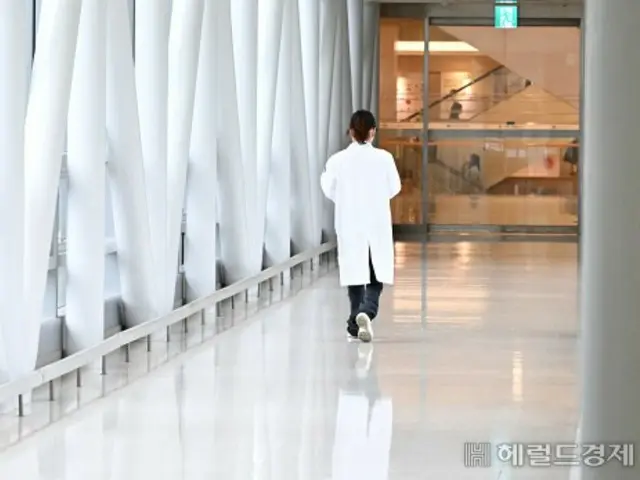According to the document on the "Current Status of Resident Doctors Resigning" submitted by the Ministry of Health and Welfare to the office of Kim Yoon, a member of the Democratic Party of Korea, on the 2nd, as of the 18th of last month,
Of the total 13,531 appointed employees, it was confirmed that 91.5% (12,380) had not returned to work.
Of the resident physicians whose jobs were terminated, 7,648 (56.5%) were terminated, while the remaining 4,732 (34.9%) did not disclose their intention to resign (did not respond).
Of the 7,648 who resigned, 4,698 were residents whose majors had been decided. Looking at residents alone, there were 10,463 who were eligible for appointment.
Of the resident resignations, 44.9% resigned. When residents were divided by major, the department with the highest resignation rate was Radiation Oncology. The resignation rate in Radiation Oncology was 75.0%, and the resignation rate in the entire department was 1.3%.
Of the 60 people targeted for resignation, 45 have resigned. Essential medical departments such as cardiovascular and thoracic surgery, obstetrics and gynecology, and pediatrics and adolescent medicine were next in line for the highest resignation rates.
The resignation rate in cardiovascular and thoracic surgery was 62.6%, with 67 of 107 staff members resigning. The resignation rate in obstetrics and gynecology was 61.2% (290 of 474 staff members).
The resignation rate for pediatrics and adolescents was 59.7% (141 out of 236). It was found that the resignation rate was serious, not only among medical residents but also among professors.
According to a report compiled by the Diet's office on the current status of professor resignations at 14 national university hospitals nationwide, the number of professors who resigned in the first half of this year at these hospitals was
The number of professors who resigned was 223. The total number of people who resigned last year was 280, meaning that 80% of the total number of people who resigned last year occurred in the first half of the year alone.
Rep. Kim said, "The lack of medical care for essential medical patients, including seriously ill patients, emergency patients, and patients with rare diseases, has become a foregone conclusion.
"The government needs to face up to reality and take immediate steps to minimize medical gaps, rather than simply waiting for medical staff to return," he said.
2024/08/02 20:49 KST
Copyrights(C) Herald wowkorea.jp 83

